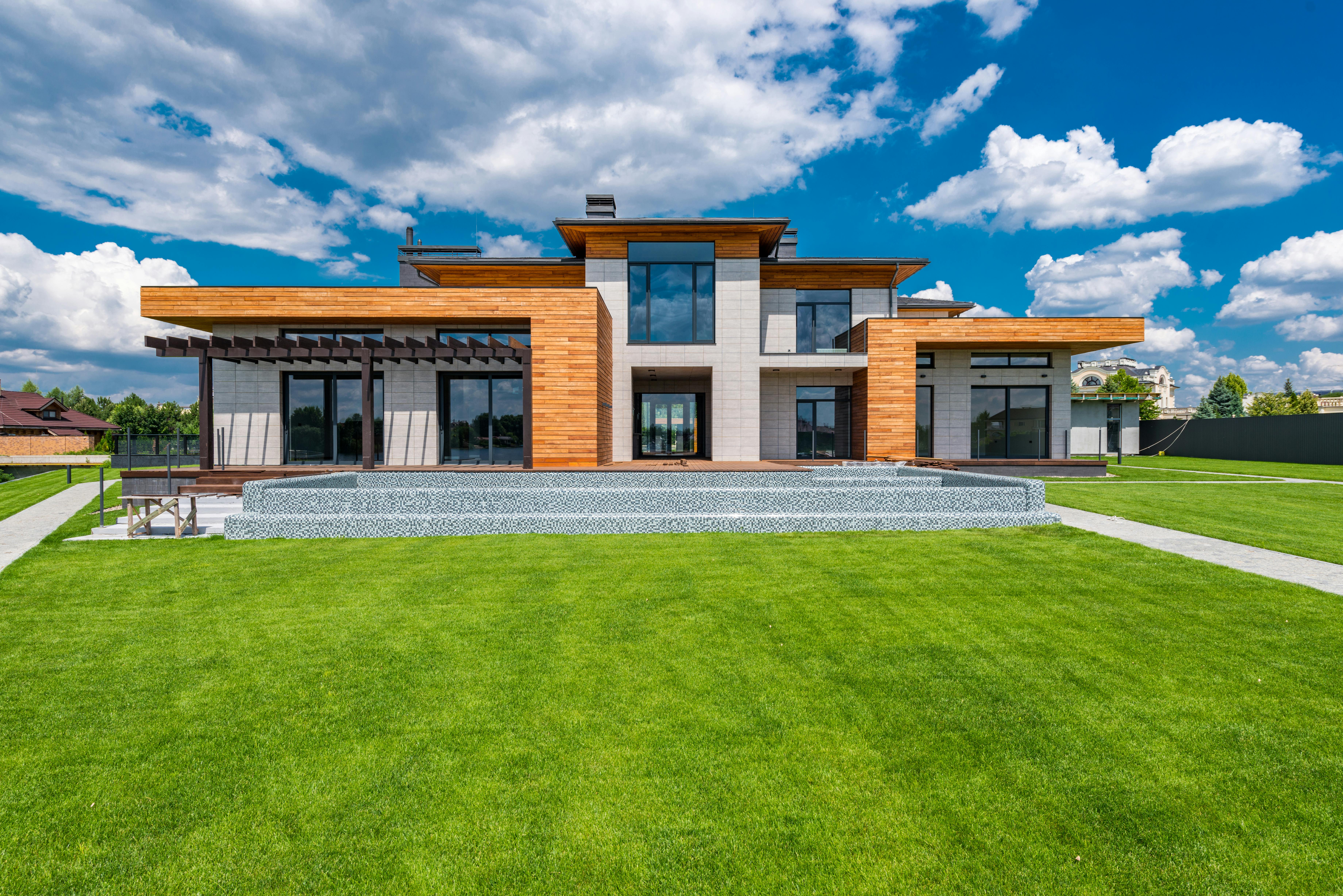Landlord Blog
Education and news for smart DIY landlords!
Should You Wait for the Perfect Home?

The quest for the perfect home can be exhilarating. With numerous options available, potential homeowners often deal with the question: Should you wait for the perfect home?
While it’s natural to want a home that meets all your desires, several factors should be considered when deciding whether to wait or act now.
1. Market Conditions
The real estate market is notoriously cyclical, with periods of high demand and low supply driving up prices, and vice versa. In a seller’s market, waiting for the perfect home can mean paying a premium as prices continue to rise.
Conversely, in a buyer’s market, you might find more options at better prices, making it more feasible to hold out for a home that meets all your criteria. However, predicting market trends can be challenging, and waiting indefinitely might mean missing out on opportunities in a fluctuating market.
2. Personal Circumstances
Your personal situation plays a critical role in the decision-making process. Factors such as job stability, family needs, and lifestyle preferences should be weighed carefully. If you have a growing family, the need for more space might necessitate a quicker decision.
Conversely, if you’re flexible and have a stable living arrangement, you might be in a better position to wait for a home that checks all your boxes. Additionally, consider your financial readiness. Being pre-approved for a mortgage and having a solid financial plan can give you the confidence to wait or act decisively when the right opportunity arises.
3. Compromises and Priorities
The concept of the perfect home is often a blend of must-have features and desirable extras. It’s essential to distinguish between your non-negotiables and your wish list. Rarely will a home meet every single criterion, so identifying what you’re willing to compromise on is crucial.
For example, you might prioritize location and school district over having a newly renovated kitchen or an extra bedroom. Understanding your priorities helps streamline the decision-making process and reduces the frustration of an endless search.
Read more: How to Evaluate Your Needs and Wants as a Home Buyer
4. New vs. Existing Homes
Deciding between new construction and existing homes can influence your timeline. New homes often offer the latest amenities and energy-efficient features, but they can come with higher price tags and longer wait times for completion.
Existing homes might provide more immediate availability and charm but could require renovations to meet your standards. Your tolerance for renovations and ability to envision potential can help determine whether to wait for new construction or consider existing homes.
5. Investment Potential
Real estate is not only a place to live but also a significant investment. Waiting for the perfect home could mean missing out on potential appreciation in value. Even if a home isn’t perfect now, strategic improvements and market growth can enhance its value over time.
Balancing emotional fulfillment with investment potential is key. A home that meets most of your needs and offers strong growth potential might be a better choice than waiting indefinitely for an ideal property.
Read more: Is Buying a Newly Built House a Good Investment?
6. Emotional and Psychological Factors
The emotional toll of an extended home search shouldn’t be underestimated. Constantly looking for perfection can lead to decision paralysis, stress, and dissatisfaction. Sometimes, the pursuit of the perfect home can overshadow the joy of finding a good home that feels right. Trusting your instincts and recognizing when a home feels like a good fit, even if it’s not perfect, can lead to greater satisfaction and peace of mind.
Read more: Tips to Reduce Stress When Searching and Buying a Home
Conclusion
Deciding whether to wait for the perfect home involves balancing practical considerations, personal circumstances, and emotional well-being. While it’s essential to find a home that meets your key needs, holding out for perfection can lead to missed opportunities and unnecessary stress.
Ultimately, the best home is one that feels right for you and your family, which offers a balance between your needs and the realities of the housing market.
